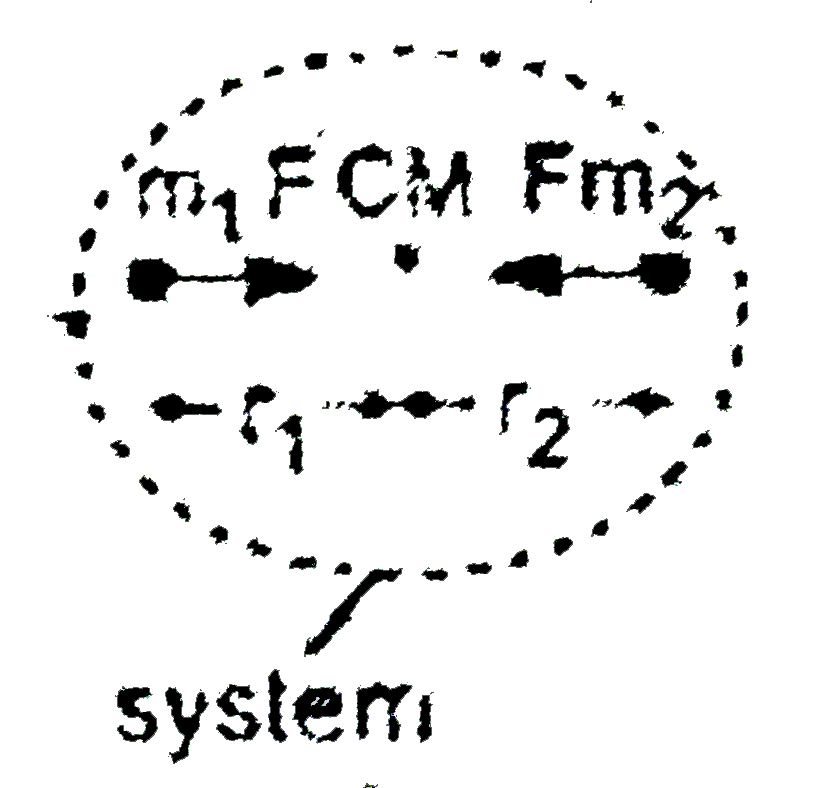Topper's Solved these Questions
Similar Questions
Explore conceptually related problems
ANURAG MISHRA-IMPULSE AND MOMENTUM-matching
- Consider a system of two particles of masses m(1) and m(2) separated b...
Text Solution
|
- In the arrangement shown in figure match the following:
Text Solution
|
- A particle of mass m, kinetic energy K and momentum p collides head on...
Text Solution
|
- Match the following: (P = momentum of particle, K = kinetic energy of ...
Text Solution
|
